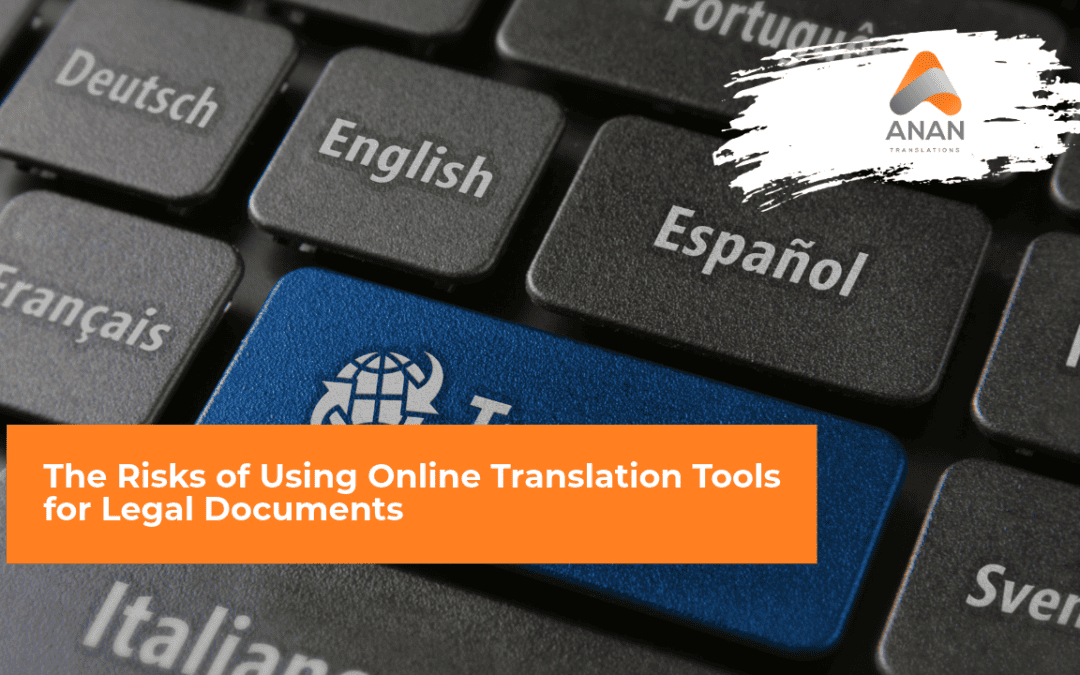Table of Contents:
- Introduction
- Understanding Online Translation Tools
- Inadequacies of Automated Translations for Legal Documents
- Examples of Translation Failures
- Why Professional Translation is Essential for Legal Documents
- Alternatives to Online Translation Tools
- Conclusion
Introduction
In the digital age, the allure of quick, automated online translation tools is undeniable. They offer immediate translations at no or low cost, but when it comes to legal documents, these tools can be a risky choice. This blog explores why relying on online translation tools for legal documents can lead to serious errors and legal repercussions, highlighting the necessity for professional translation services.
Understanding Online Translation Tools
Online translation tools use algorithms based on large data samples to convert text from one language to another. While these tools are improving over time and are useful for casual translations or gaining a basic understanding of text, they lack the ability to fully grasp and translate complex legal jargon and the nuances required in legal documentation.
Inadequacies of Automated Translations for Legal Documents
Automated translation tools often fail to recognize the context and specificity required in legal language. Legal documents contain highly specialized terminology, and even a slight misinterpretation can change the meaning of a clause or a contract. Furthermore, legal language is highly dependent on the cultural and legal framework of a country, which these tools are generally not programmed to understand.
Examples of Translation Failures
Consider the case where an automated translation of a legal contract inadvertently changed the obligations of a party, leading to a breach of contract and subsequent legal disputes. Another common issue is the misinterpretation of personal names, places, or specific legal terms, which can invalidate a document or require costly re-translation and re-submission processes.
Why Professional Translation is Essential for Legal Documents
Legal documents require not just direct translation but localization that understands the legal context of both the source and target language. Professional translators are trained to handle such nuances, ensuring that the translated document is both accurate and legally sound. They also ensure confidentiality, which is often not guaranteed by free online tools.
Alternatives to Online Translation Tools
For those needing legal document translation, the best alternative is to use professional translation services that offer certified translations by qualified translators. These services ensure that all translations meet the legal requirements specific to the jurisdiction involved, providing peace of mind and safeguarding against the legal consequences of incorrect translations.
Conclusion
While the convenience of online translation tools is tempting, the risks they pose in legal contexts are too significant to ignore. Legal documents govern rights and responsibilities and often have lasting implications. As such, it is crucial to entrust their translation to professionals who can guarantee accuracy, legality, and confidentiality. Opting for professional translation services like Anan Translations over automated tools is an investment in accuracy and security, protecting you from potential legal and financial setbacks.

